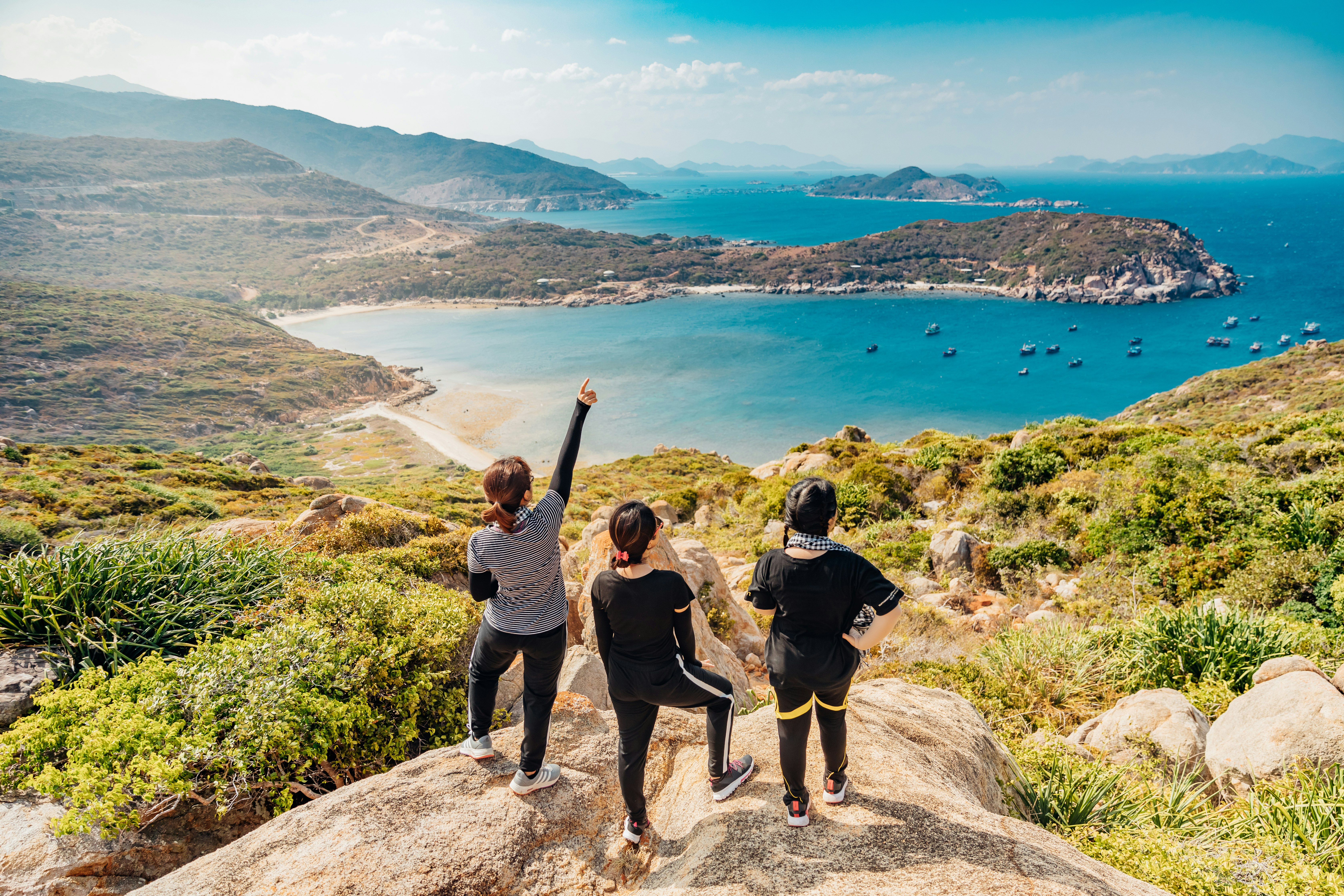One significant way AI is transforming the tourism industry is through the use of chatbots and virtual assistants. These AI-powered tools can assist travelers in everything from booking flights and accommodations to offering recommendations for local attractions and restaurants. Utilizing natural language processing and machine learning algorithms, chatbots can understand and respond to customer inquiries in real-time, providing personalized and relevant information. This not only saves time and effort for travelers but also allows businesses to offer a more efficient and seamless customer service experience.
Another area where AI is making a profound impact is in data analysis. With the vast amounts of data generated by travelers through social media, online reviews, and booking platforms, AI can help businesses make sense of this information and use it to their advantage. By analyzing customer preferences, travel patterns, and feedback, AI enables businesses to better understand their target audience and tailor their offerings accordingly. This can lead to more targeted marketing campaigns, improved customer satisfaction, and ultimately increased revenue.
AI is also playing a crucial role in the personalization of travel experiences. By leveraging data on individual preferences and interests, AI can help create customized itineraries and travel packages that cater to the unique needs and desires of each traveler. This level of personalization allows tourists to make the most of their limited time and resources while exploring new destinations. In addition, AI-powered recommendation engines are becoming increasingly sophisticated, enabling travelers to discover attractions, activities, and experiences that align with their interests and preferences. By analyzing data from various sources such as social media, online reviews, and booking platforms, these engines provide personalized suggestions that enhance the overall travel experience. This not only helps travelers make more informed decisions but also encourages them to explore lesser-known destinations and attractions, thus promoting sustainable tourism practices.
Apart from enhancing the customer experience, AI is also helping to improve operational efficiency within the tourism industry. For instance, AI-powered algorithms can optimize pricing strategies for hotels and airlines by considering factors such as demand, seasonality, and competitor pricing. This helps businesses maximize their revenue while ensuring that customers receive the best possible value for their money. Furthermore, AI assists in streamlining back-end processes such as inventory management and customer support. By automating routine tasks and providing real-time insights, AI helps businesses operate more efficiently and effectively, leading to a better overall experience for travelers.
As AI technology continues to evolve and become more sophisticated, its impact on the tourism industry is set to grow exponentially. By embracing these technological advancements, businesses in the tourism sector can not only enhance customer satisfaction but also gain a competitive edge in an increasingly crowded market. The future of travel looks promising, with AI ushering in a new era of personalized and enjoyable travel experiences. Thanks to AI, travelers can enjoy seamless planning, booking, and immersive experiences that are tailored to their specific needs and preferences. With AI's ability to analyze data, provide personalized recommendations, and optimize operations, we can expect the tourism industry to undergo a transformative shift, making travel more efficient, sustainable, and rewarding for all.[1][2]












